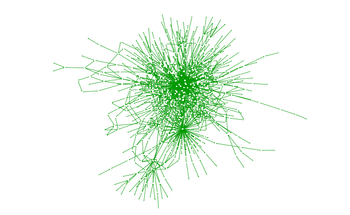Microbiome Metabolic Modeling Lab

The Microbiome Metabolic Modeling (“M-cubed”) lab develops computational tools to understand metabolic processes in microbial ecosystems. Microbial organisms are ubiquitous in nature, forming complex ecosystems that influence human health and environmental processes. Our goal is to improve quantitative understanding of these microbial systems so that we can engineer their structure and function. We focus on metabolism, the chemical reactions that maintain life, and use genome-scale metabolic networks to link genomic data to predictive multi-scale computational models.
Research
General Computational Model Development and Validation
![General Computational Model Development and Validation]()
We develop general tools to simulate microbial metabolism along with approaches to represent uncertainty and integrate experimental data to validate predictions.
- 📈 Spatiotemporal modeling of microbial community metabolism
- 🔗 Hybrid machine learning and mechanistic modeling to predict metabolic phenotypes
- 🎯 Integration of high-throughput phenotyping data to represent and reduce model uncertainty
Specific Applications to Human Health
![Specific Applications to Human Health]()
We apply these approaches to gain mechanistic insight into health-relevant metabolic processes.
- 👶 Infant gut microbiome colonization resistance dynamics
- 🔥 Gut microbiome metabolism in ulcerative colitis
- 🦠 Metabolic mechanisms of chronic infections
Contact
David Bernstein, Assistant Professor, University of Vermont, Department of Electrical and Biomedical Engineering
David.Bernstein@uvm.edu
The University of Vermont
Burlington, VT
Laboratory Located in Votey 367

